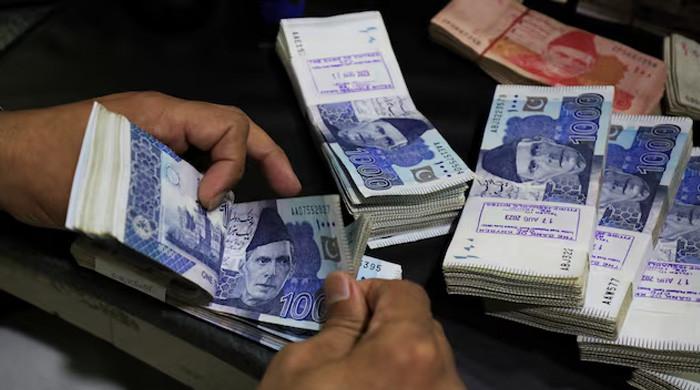Karachi: Foreign direct investments are pouring in Pakistan despite systemic corruption, according to a new study that exposes the structural deficiencies that drive capital to fragile sectors.
A political map from the Islamabad Policy Research Institute (Ipri) finds out that foreign investors continue to deploy capital in Pakistan even when the country falls near the bottom of the global transparency ranking.
With a CPI score of 27 out of 100, Pakistan is seen widely as one of the most corrupt investment destinations in South Asia. Nevertheless, the FDI flow remains concentrated in energy, food and financial services-all sectors that are highly exposed to rent seekers and informal payments.
“Corruption in Pakistan does not only coexist with FDI – it facilitates it,” says the report, adding that the country maintains “a transaction environment where regulatory bottlenecks are not navigated through reform but through bribery.”
With the help of time series and panel recording models covering 1995 to 2024, the study found that FDI flow increases as corruption increases-a finding that holds themselves for capital derived from low corruption countries such as Germany, Japan and Canada. It seems that investors are less discouraged by government risks when returns are attractive, especially in Pakistan’s energy sector, where offers can be traced quickly with “speed money”.
The report highlights Pakistan’s energy sector as a textbook case. While billions in FDI have increased installed capacity under initiatives such as the China-Pakistani economic corridor (CPEC), systemic corruption has neutralized these gains.
The sector is now loaded with a circular debt that topped RS2.6 trillion. Projects such as rental strength plants and independent power producers (IPPs), originally praised as solutions to energy shortages, have become cautious stories of wrong leadership and opacity.
Similarly, foreign investments in banking and food services have failed to produce productivity gains. The financial sector is strongly tilted against government lending and the food sector remains import -dependent and aggravates Pakistan’s external account pressure.
The study places Pakistan’s experience within a wider South Asian pattern. Neighboring countries with similar low CPI scores – including India (38), Bangladesh (23) and Sri Lanka (32) – recipient and also sends considerable FDI. In some cases, companies prefer to invest in countries where they are aware of the challenges of navigating such an environment “.
To break the cycle, the Pakistan report calls on to go beyond symbolic anti -corruption rhetoric. It recommends digitalisation of FDI transactions, enforcement of performance-bound contracts and implementation of AI tools to mark anomalies. Streamlined license and coordination between agencies are also critical.
“FDI should be a tool for development, not a subsidy for dysfunction,” the report concludes. “Without structural reforms, foreign capital will continue to reward and reinforce the systems themselves holding back Pakistan.”



